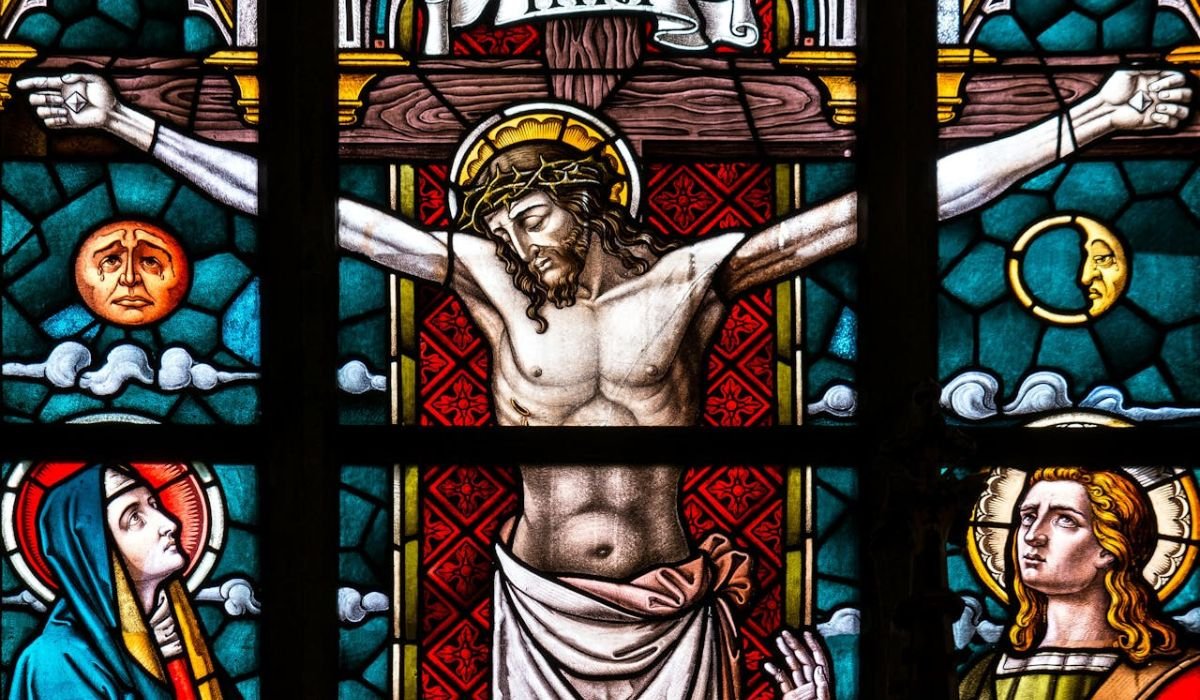Introduction
Saint Philopateer Mercurius, also known as Abu Sefein or “Father of Two Swords,” is a celebrated figure in Christian history. Revered as both a saint and martyr from the 3rd century, his life stands as a testament to unwavering faith, bravery, and dedication to God. His legacy is cherished within the Coptic Orthodox Church and various Christian traditions for his firm resistance against Roman persecution under Emperor Decius. This blog post aims to explore the life and legacy of St. Philopateer Mercurius, providing Christian historians and enthusiasts with a comprehensive understanding of his historical significance.
Early Life and Conversion
A Glimpse into the 3rd Century
To truly appreciate St. Philopateer’s life, it’s essential to understand the cultural and religious context of the 3rd century. During this time, the Roman Empire was vast and powerful, and Christianity was still in its infancy. Followers of Christ faced significant challenges and persecution as the Roman authorities viewed Christianity as a threat to their polytheistic traditions and political control.
Family and Upbringing
St. Philopateer was born to a devout Christian family in Cappadocia, modern-day Turkey. His parents instilled strong Christian values in him, which laid the foundation for his profound faith. From a young age, Philopateer demonstrated a deep connection to his faith, which would only grow stronger over time.
Conversion to Christianity
Although born into a Christian family, Philopateer’s conversion was a deeply personal and significant event. It marked a turning point in his life, as he chose to fully dedicate himself to the teachings of Christ. This conversion happened at a time when being openly Christian was fraught with danger, yet Philopateer embraced his faith with conviction.
Resistance Against Roman Persecution
The Rise of Emperor Decius
During St. Philopateer’s lifetime, Emperor Decius ascended to power. He was determined to restore traditional Roman values and saw Christianity as a hindrance to his goals. Decius initiated a widespread campaign of persecution against Christians, demanding that they renounce their faith and offer sacrifices to Roman gods.
Fearless Defiance
St. Philopateer, unwavering in his commitment to Christianity, stood resolute in the face of persecution. He refused to denounce his faith and comply with the emperor’s demands. His fearless defiance became an inspiration to fellow Christians, showcasing the strength of his convictions.
Legendary Encounter
One of the most famous stories about St. Philopateer involves a miraculous encounter during a battle. It is said that as a Roman soldier, he received a vision of an angel who handed him two swords, symbolizing divine protection and strength. This vision further solidified his nickname, Abu Sefein, or “Father of Two Swords.”
Martyrdom and Posthumous Reverence
Arrest and Martyrdom
St. Philopateer’s refusal to abandon his faith ultimately led to his arrest. Despite enduring severe torture, he remained steadfast in his beliefs. His unwavering faith and courage in the face of death left a lasting impression on those who witnessed his martyrdom.
Establishing His Legacy
Following his martyrdom, St. Philopateer’s memory was venerated by Christians. His story spread far and wide, serving as a source of inspiration for believers. Churches were built in his honor, and his feast day became a time of reflection and celebration.
Influence on the Coptic Orthodox Church
St. Philopateer’s influence extended beyond his lifetime, shaping the spiritual practices and traditions of the Coptic Orthodox Church. His story of faith and resilience continues to resonate with believers today, offering a timeless reminder of the power of unwavering devotion to God.
Historical and Cultural Impact
A Timeless Example of Faith
St. Philopateer’s story is more than a historical account; it is a testament to the enduring power of faith. His life serves as a reminder of the sacrifices made by early Christians and the strength required to maintain one’s beliefs in the face of adversity.
Inspiring Future Generations
The legacy of St. Philopateer transcends time, inspiring generations of Christians to stand firm in their faith. His story encourages believers to remain steadfast, even when confronted with challenges, drawing strength from the example of those who came before them.
A Symbol of Courage and Commitment
St. Philopateer’s life and martyrdom serve as a symbol of courage and commitment to one’s faith. His story continues to be a source of inspiration for Christians worldwide, reminding us of the importance of staying true to our beliefs and values.
YOU MAY ASLO LIKE: Discover the del bandito mine esmeralda nv history and Legacy
Conclusion
St. Philopateer Mercurius, affectionately known as Abu Sefein, remains a revered figure in Christian history. His life exemplifies the virtues of faith, bravery, and unwavering commitment to God. Despite facing persecution, he stood firm in his beliefs, inspiring countless others to do the same. His legacy endures within the Coptic Orthodox Church and various Christian traditions, offering a timeless reminder of the power of faith and the strength of the human spirit. For those looking to explore the life of a true Christian hero, St. Philopateer’s story provides valuable insights and inspiration for believers across generations.
FAQs
1. Who was St. Philopateer Mercurius?
St. Philopateer Mercurius, also known as Abu Sefein, was a 3rd-century Christian saint and martyr known for his unwavering faith and resistance against Roman persecution.
2. Why is St. Philopateer called Abu Sefein?
St. Philopateer is called Abu Sefein, or “Father of Two Swords,” due to a vision he received of an angel handing him two swords, symbolizing divine protection and strength.
3. How did St. Philopateer resist Roman persecution?
St. Philopateer fearlessly defied Emperor Decius by refusing to renounce his Christian faith and offer sacrifices to Roman gods, inspiring others with his courage.
4. What is the significance of St. Philopateer’s martyrdom?
His martyrdom demonstrated unwavering faith, leaving a lasting impact on Christian believers and contributing to the growth of the Coptic Orthodox Church.
5. How has St. Philopateer’s legacy influenced modern Christianity?
His story inspires Christians worldwide to remain steadfast in their faith, providing a timeless example of courage, commitment, and devotion to God.











